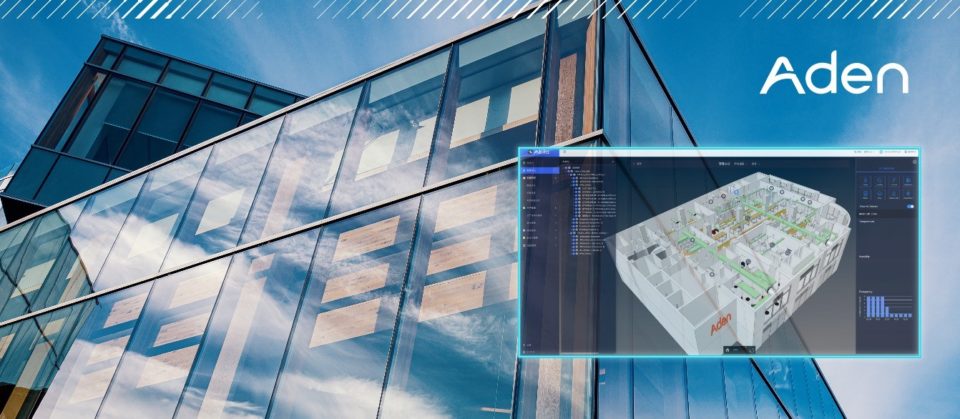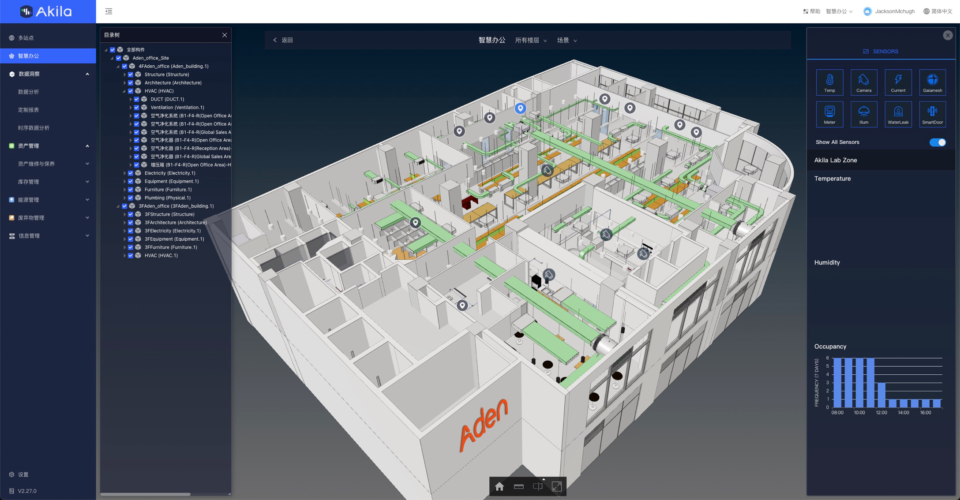
As of June 2023, global greenhouse gas emissions have reached a “record high” over the past decade, emitting up to 54 billion tons of carbon dioxide per year and causing the world to warm at an unprecedented rate.
– China Science and Technology Network
The La Niña phenomenon, which lasted for nearly three years, has ended, and the much talked about El Niño phenomenon is coming. The probability that the average temperature in the five-year period from 2023 to 2027 will be higher than the past five years is expected to be 98%.
– World Meteorological Organization
What can be done about rising global temperatures? This is already a question we all have to think about.
-One of the most important global measures currently in place is to reduce greenhouse gas emissions.
Greenhouse Gas (GHG), or greenhouse effect gases are those natural and anthropogenic gaseous components of the atmosphere that absorb and re-emit infrared radiation, either through human activity or naturally occurring greenhouse gases.
The continued emission of GHG will affect a series of negative effects such as climate change, loss of species diversity, increased health risks, and economic impacts. While cities are the main source of GHGs from carbon emissions, 85% of energy-related GHGs in China come from urban areas.
Reducing greenhouse gas emissions is one of the most important measures to mitigate global temperature rise, and we should strive to reduce greenhouse gas emissions such as carbon dioxide, while we can use more renewable energy sources, such as solar, wind, and hydropower, to reduce our reliance on traditional fuels.

ADEN is making a long-term commitment to sustainable decarbonization, and this year, in this context, ADEN launched one of the key initiatives for sustainability: the Greenhouse Gas Accounting Project.
This project aims to deploy a digital carbon monitoring platform for facilities, powered by technology from ADEN’s digital twin platform Akila, to improve energy and resource management through digital technologies such as digital twins and the Internet of Things, and to coordinate between different systems and regions.
This is one of the key initiatives on digital carbon emission and green energy management, and the digital deployment can better help achieve the following goals:
Better decision-making layers: Akila’s digital platform provides clear, transparent, and accessible data, helping ADEN to be able to make data-driven decisions to support its decarbonization goals
Sustainability reporting: With digital enablement, reporting supports more comprehensive readiness activities and more accurate and credible content, in line with the digital needs of sustainability reporting
Strict regulatory compliance: The rich accumulation of accurate data effectively helps organizations meet regulatory requirements and industry standards for GHG reporting, raising the standard of digitalization in the industry
Significant efficiency gains: Automation of data entry, aggregation, and analysis processes allows for objective analysis and significant time savings compared to manual statistical methods, improving accuracy
Guaranteed data quality: Provides real-time data validation, reducing errors and improving accuracy and reliability when calculating carbon emissions for complex data calculations
Better data integration: Eliminate data segregation and provide more comprehensive analysis coverage by aggregating data from multiple sources onto a single platform through Akila’s centralized system platform
ADEN will digitally deploy greenhouse accounting in over 15 offices across the country in a phased approach to GHG accounting and reporting through the digital twin platform Akila. The digital twin system aggregates data such as greenhouse gases collected by sensors in real-time and combines them with set models to provide updates on the platform as well as predictive views, enabling dynamic monitoring and tracking, and the ability to simulate and test the impact of different low carbon reduction measures.

The city offices deployed by this summer include Shanghai, Suzhou, Kunshan, Changshu, Zhangjiagang, Nantong, Wuxi, Nanjing, Changzhou, Taizhou, Hangzhou, Ningbo, Jiaxing, Beijing, Tianjin, Shandong, Shenyang, Dalian, Xi’an, Wuhan, Chengdu, Shenzhen, Zhuhai, and Guangzhou in Liaoning Province.
China is placing increasing emphasis on climate cooperation and has engaged in international partnerships and cooperation on climate change, working with other countries to promote clean and sustainable development through initiatives such as the One Belt One Road initiative. At the same time, China’s efforts to address greenhouse gas emissions are ongoing and underscore the need for sustainable development and the transition to a low-carbon economy.
ADEN will continue to actively participate in the carbon emission and green process in China market through its energy platform, digital twin platform, and smart building platform, based on greenhouse gas projects while actively promoting the comprehensive and integrated management of other related facilities to help China’s sustainable green transformation and achieve its dual carbon goals.